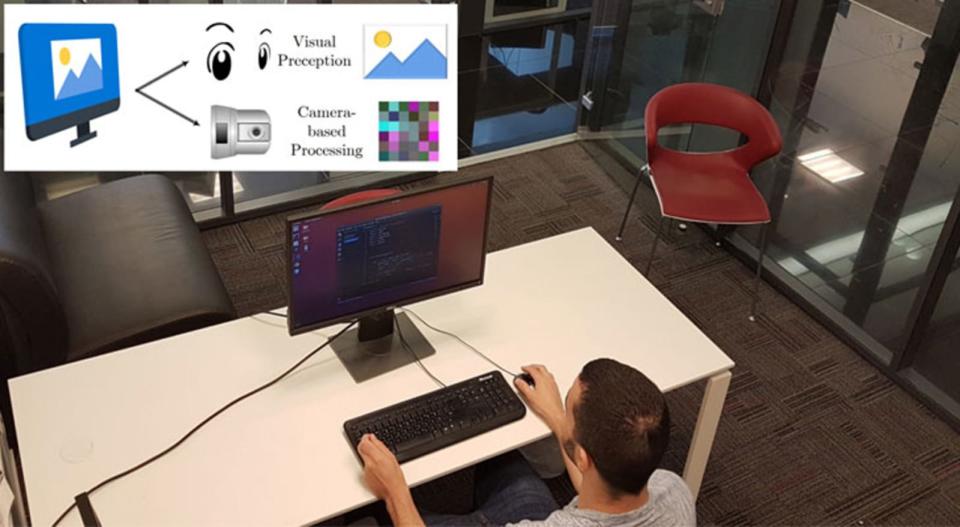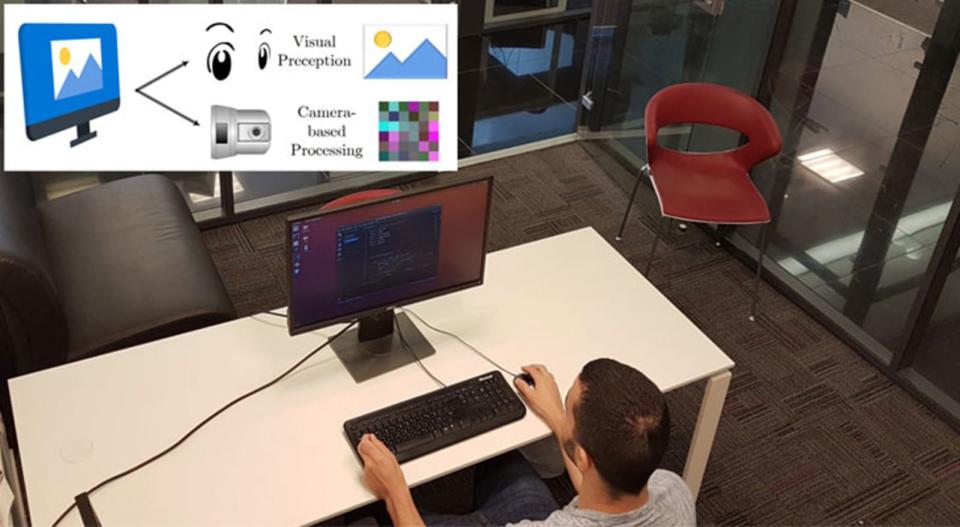Researchers can 'steal' data by tracking a PC monitor's brightness
No network connection required.
There are already ways to siphon data from computers without a network connection or old-fashioned physical theft, but this might be one of the cleverer examples. Researchers have found a way to steal data from "air-gapped" computers (that is, no way to connect to other devices) using an LCD's brightness. The approach has a compromised computer relay imperceptible changes in the LCD's RGB color values that a camera-equipped device can detect. You could theoretically trick someone into loading malware on the target system through a USB drive and use nearby hijacked security cameras to transmit that information.
Don't worry about someone reading your login details through the window any time soon, though. As the methods imply, a data thief would still have to breach the victim computer and have cameras they control within line of sight. This could be helpful for intelligence agencies performing Stuxnet-style intrusions, but an attacker can't just sit outside your home and read data from your computer monitor. Still, it gives ultra-secure facilities something to think about -- they might not want to place cameras behind air-gapped computers lest a rival nation pull off some Mission Impossible-level espionage.

 Yahoo Finance
Yahoo Finance 

